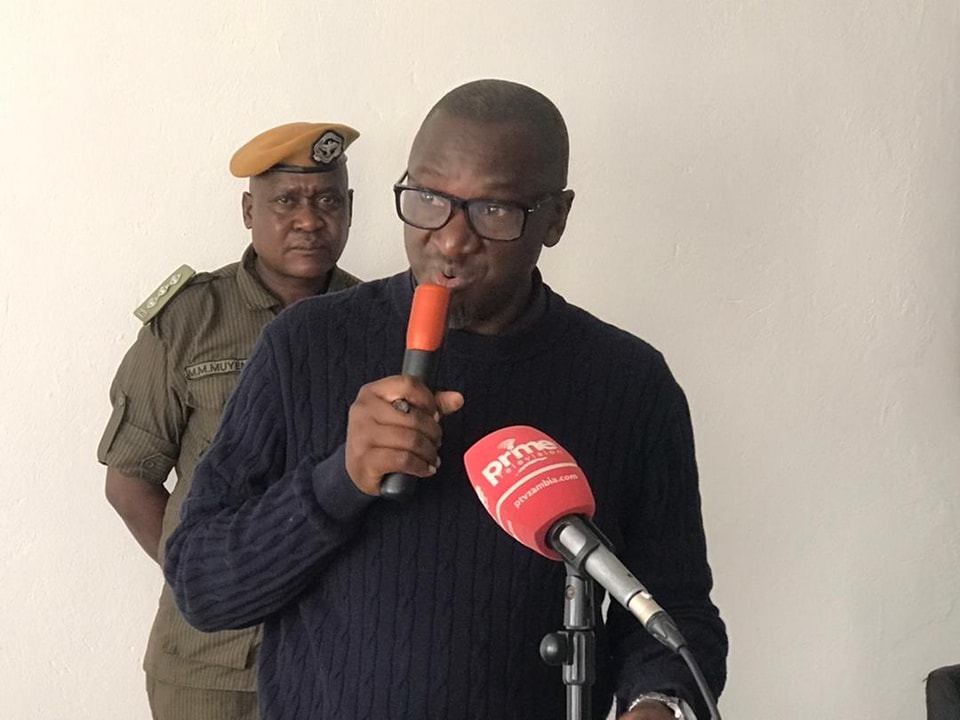Zambia Tackles Rising Bushfires and Charcoal Production
The meeting, centered on the charcoal production ban in Mumbwa district, highlighted the urgent need for fire management in response to the current drought stress affecting the nation.
Minister Nzovu emphasized that the Forestry Department and Department of National Parks and Wildlife must prioritize fire management, enforcing complete protection of areas and discontinuing prescribed burning practices.
“Due to the drought stress our country is experiencing, it is crucial to implement measures to reduce the risk of wildfires, which can lead to significant forest degradation and loss of grassland pasture,” stated Hon. Nzovu.
He underscored the negative impact of rampant forest and rangeland fires on biodiversity, attributing unwanted bush fires to agricultural practices, hunting, and poaching.
Minister Nzovu revealed alarming statistics, noting that, on average, 25% of Zambia is subjected to fires annually. By the end of 2023, 19.9 million hectares, representing 26.5% of the land area, were burnt.
To address this, he instructed the Director of Forestry to halt the issuance of Cord Wood Permits for charcoal production in Shibuyunji, Mumbwa, and Itezhi-tezhi Districts. This restriction is set to extend to other districts supplying charcoal to urban centers like Lusaka.
Highlighting alternative energy sources, Hon. Nzovu pointed to the United States Agency for International Development (USAID) Zambia Alternatives to Charcoal (A2C) project.
This initiative has significantly advanced capacity building for companies investing in alternative technologies and fuels, aiming to reduce charcoal dependence and promote low emissions alternatives.
“There is a noticeable reduction in charcoal consumption in Lusaka, Ndola, and Solwezi, with increased use of alternative technologies and fuels, including Liquid Petroleum Gas (LPG),” noted Hon. Nzovu.
He stressed the importance of promoting sustainable agricultural production systems and managing ecosystems at the landscape level to ensure food and nutritional security in Zambia.
Community Markets for Conservation (COMACO) Chief Operations Officer, Mr. Richard Mumba, announced plans to collaborate with traditional leaders to protect forests. COMACO is exploring alternative means to enhance livelihoods, ensuring food and income security at the household level.
The regulation development process marks a significant step towards safeguarding Zambia’s natural resources and promoting environmental sustainability.
The Government’s proactive measures aim to mitigate the effects of climate change, ensuring that agriculture and natural resource-based livelihoods remain viable and resilient for the Zambian farmer.



